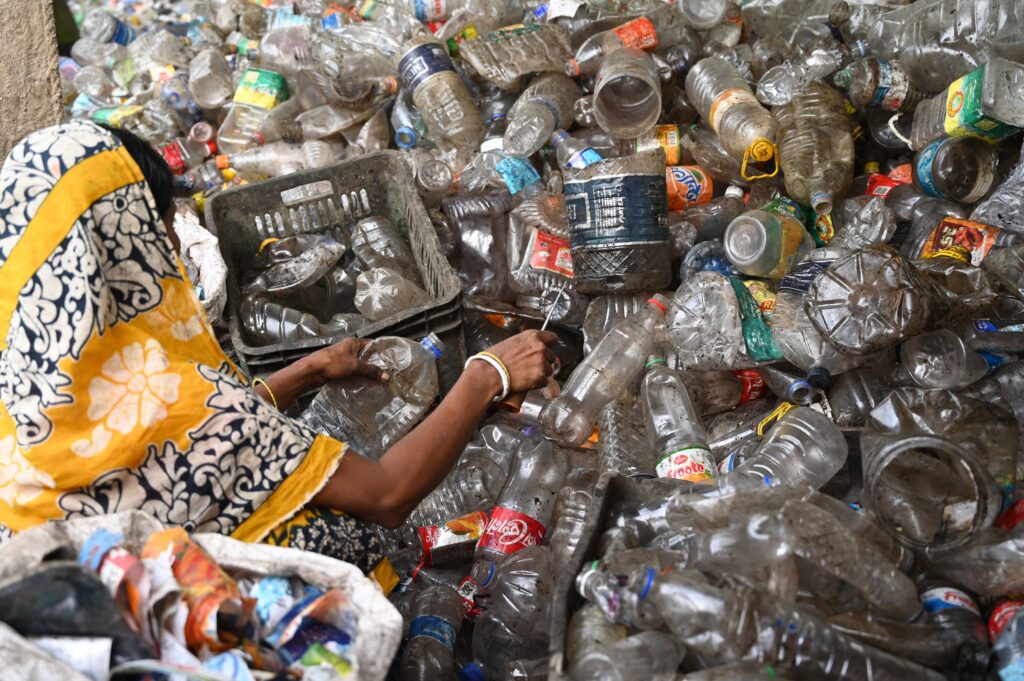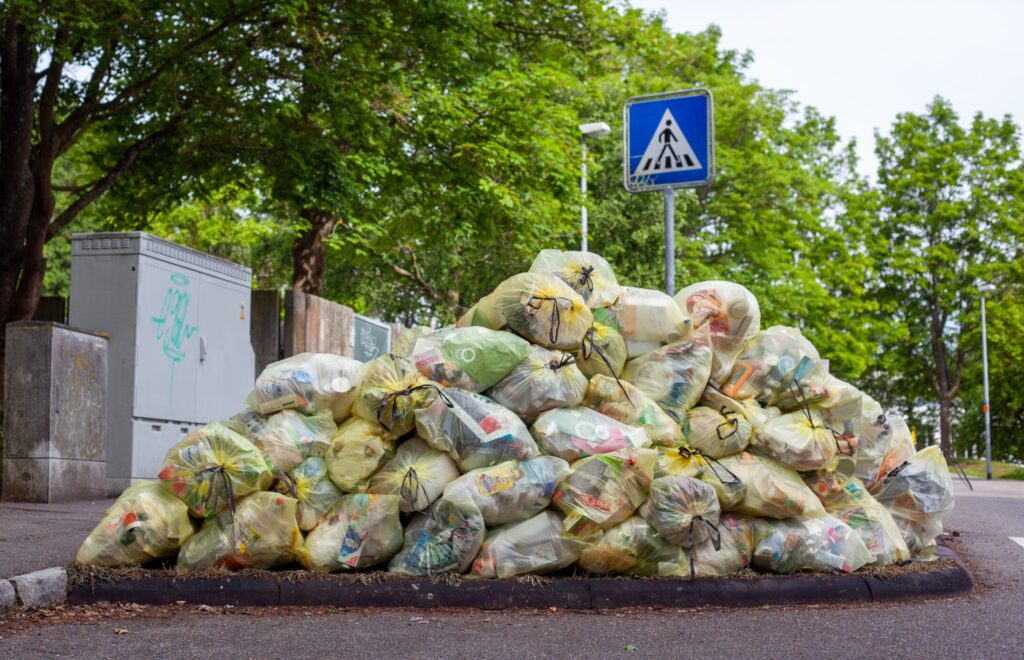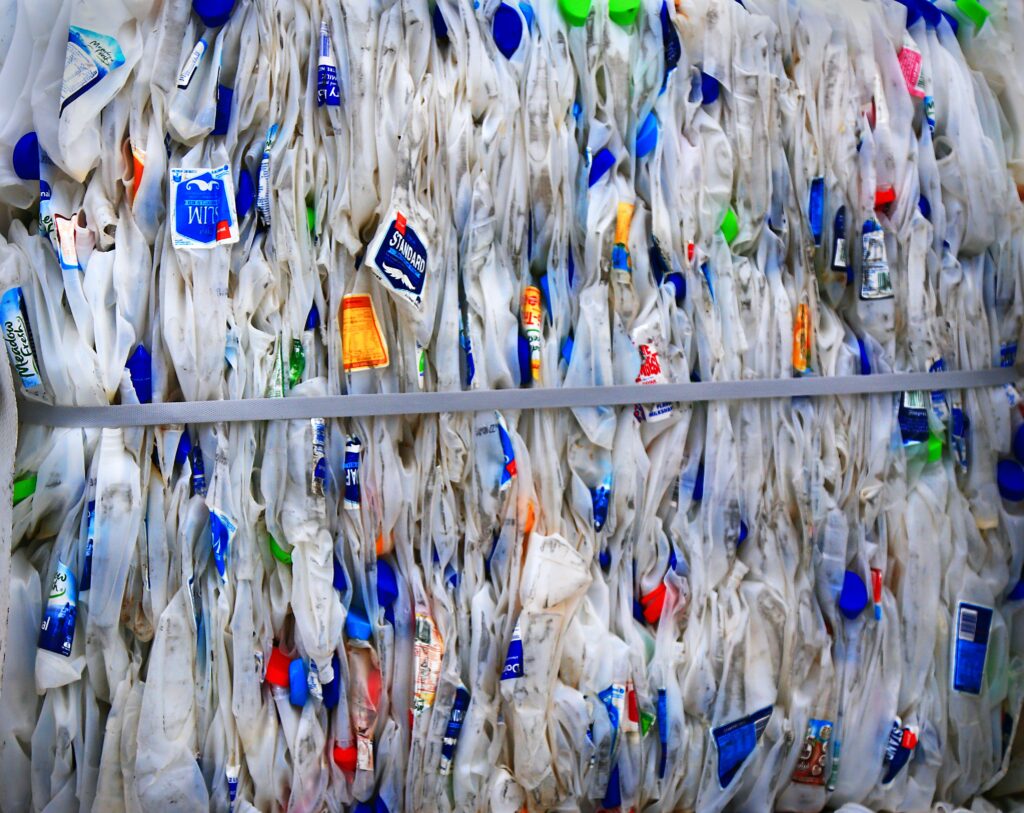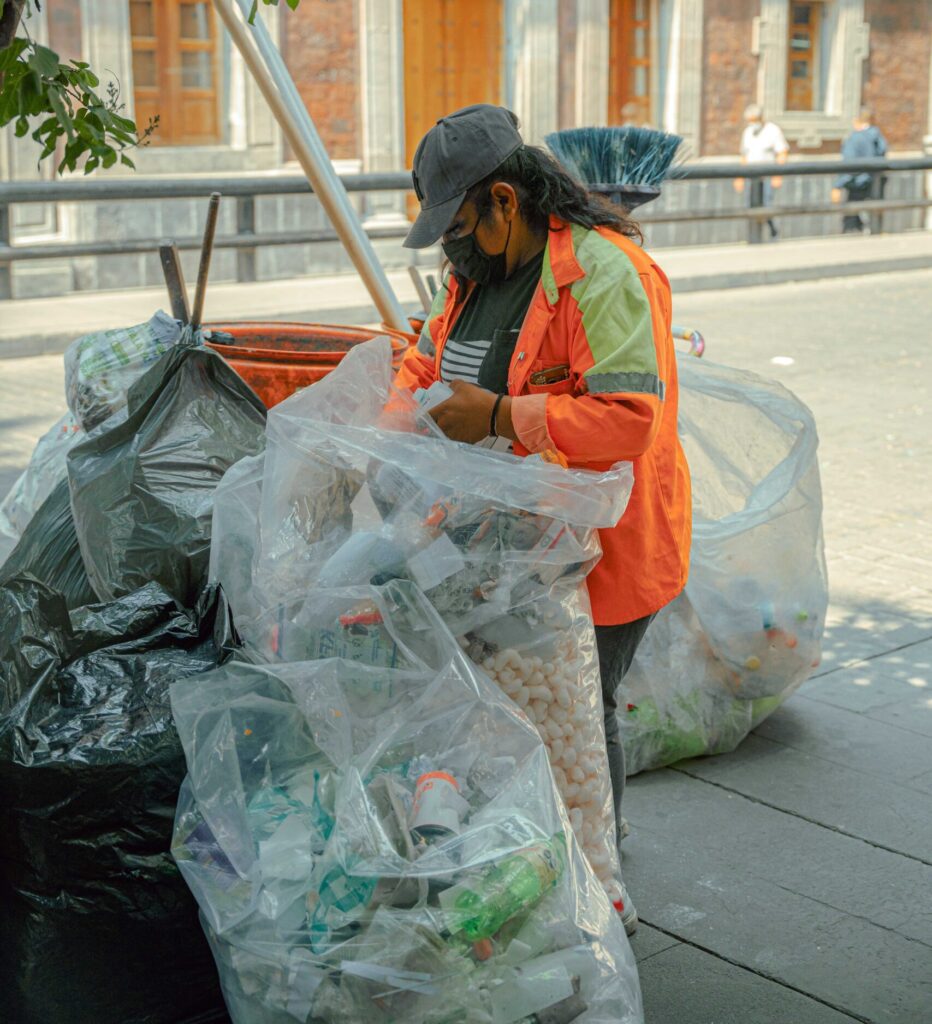Our Commitment
Recycling Issues
Supporting sustainable plastic policies is essential to maximize the benefits of plastics while minimizing environmental, health, and economic impacts. However, the lack of investment in sorting and recycling capacity by potential suppliers, combined with limited incentives
for buyers, limits the market growth and improvement. Taking awareness of these issues into account and actively addressing them would have a significant positive impact on market outcomes, leading to increased collection and recycling rates for plastics.
PLASTIC RECYCLING
Inconstant Performance
Plastic waste contamination and inconsistency pose challenges to plastic recycling, reducing the quality, stability, and value of recycled plastics.
Industry Infrastructure
Inadequate infrastructure and facilities limit efficient plastic recycling, reducing rates and plastic waste processing capacity.
Technological Limitations
Plastics vary in recyclability, creating challenges due to the lack of advanced and efficient recycling technologies for different types of plastics.
The Great Barriers
Supply Chain Control
Inefficient plastic waste management, lacking trustworthy monitoring systems for collection and recycling, reduces recycling rates and compromises product quality.
Economic
Viability
Recycling financial sustainability relies on ensuring that the costs of collection, sorting, and processing don’t exceed the value of the recycled materials.
Consumer Awareness
Limited public awareness and engagement in recycling practices increases the problem, with consumers misinformation about plastics and its benefits.
Inconstant Performance
Plastic waste contamination and inconsistency pose challenges to plastic recycling, reducing the quality, stability, and value of recycled plastics.
Industry Infrastructure
Inadequate infrastructure and facilities limit efficient plastic recycling, reducing rates and plastic waste processing capacity.
Technological Limitations
Plastics vary in recyclability, creating challenges due to the lack of advanced and efficient recycling technologies for different types of plastics.
Supply Chain Control
Inefficient plastic waste management, lacking trustworthy monitoring systems for collection and recycling, reduces recycling rates and compromises product quality.
Economic
Viability
Recycling financial sustainability relies on ensuring that the costs of collection, sorting, and processing don’t exceed the value of the recycled materials.
Consumer Awerness
Limited public awareness and engagement in recycling practices increases the problem, with consumers misinformation about plastics and its benefits.
EU Commitments
Behind 2025 target
EU Member States are not on track to meet recycling targets to increase recycling and reduce landfilling for municipal and packaging waste when the time is running out…




Future Challenges
THE WORLD NEEDS MORE RECYCLING
A new holistic approach is crucial to create a practical system that eradicates plastic waste and pollution while maintaining its economic value. We must reassess plastic production, usage, and recycling processes, as well as promote eco-design and implement sustainable policies. This will enable our societies and economies to harness the benefits of plastics while minimizing environmental harm.


